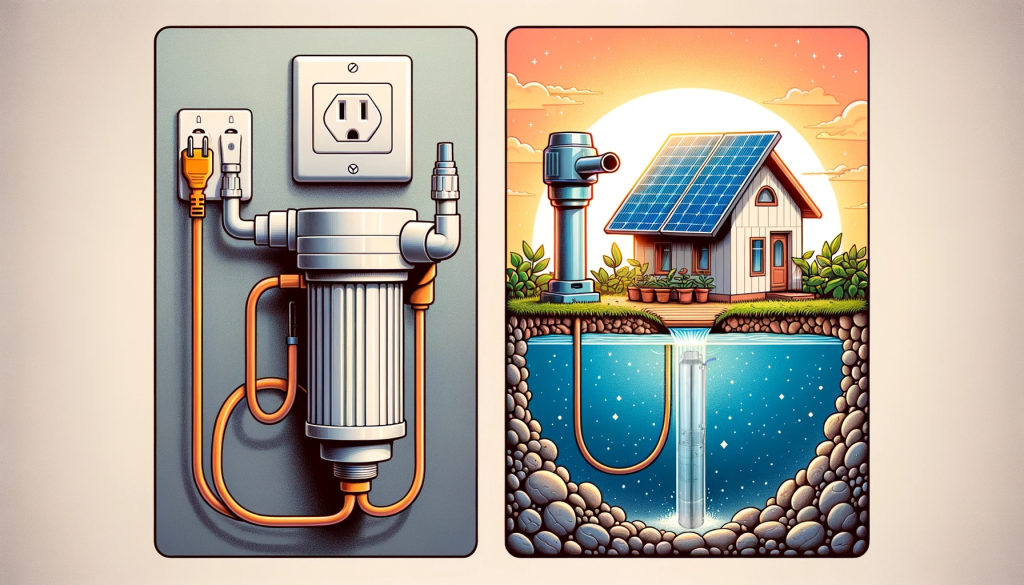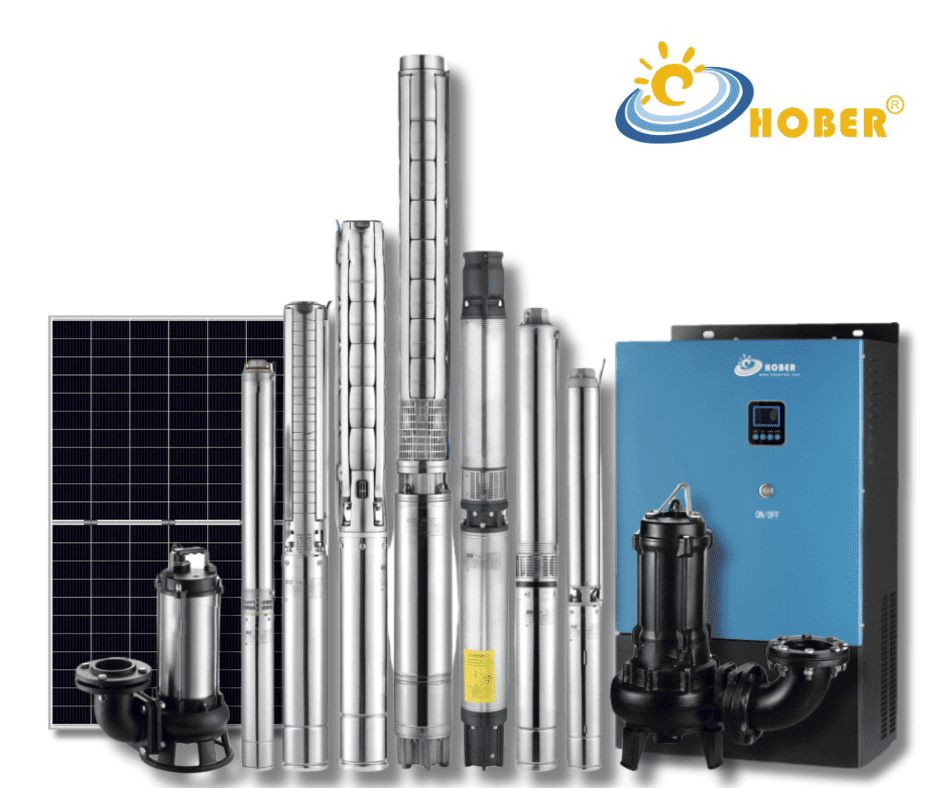Water pumps are the unsung heroes of our modern world, quietly ensuring that life-sustaining H2O gets where it needs to go. From agriculture to industry, these devices are indispensable. So, when it comes to choosing between electronic pumps and solar water pumps, which is the future? Spoiler alert: solar water pumps are increasingly becoming the go-to choice for sustainable water management.
Let’s dive into the nitty-gritty and explore why this is a conversation worth having.
What Are Electronic Pumps, Anyway?
Electronic pumps are devices that use electricity to move fluids. They operate based on the principles of electromagnetism, converting electrical energy into mechanical energy to pump water. These pumps are commonly used in various sectors like agriculture, residential buildings, and industrial applications.

Advantages and Limitations
Electronic pumps are known for their efficiency and high output. They can pump large volumes of water quickly, making them ideal for large-scale operations. However, they are heavily reliant on electricity, which often comes from non-renewable sources. This makes them less sustainable and potentially more costly in the long run.
Why Are Solar Water Pumps Rising in Popularity?
Solar water pumps use the sun’s energy to pump water. These devices convert solar energy into electrical energy, which is then used to power the pump. They’re increasingly popular in agriculture, especially in remote areas where electricity is scarce.
Benefits and Case Studies
The most obvious benefit of solar water pumps is their sustainability. They rely on a renewable source of energy, making them eco-friendly. Moreover, they are particularly useful in remote areas where electrical infrastructure is lacking. For instance, a study in rural Kenya showed that the introduction of solar water pumps increased agricultural yield by up to 40%.
Electronic Pumps vs Solar Water Pumps: How Do They Stack Up?
When comparing electronic pumps to solar water pumps, several factors come into play:
Efficiency
Electronic pumps are generally more efficient for large-scale operations. However, solar water pumps are catching up, thanks to advancements in solar panel technology.
Cost
While electronic pumps may have a lower upfront cost, solar water pumps offer long-term savings due to the absence of electricity bills.
Application Fields
Electronic pumps are versatile but often require a stable electricity supply, making them less suitable for remote areas. On the other hand, solar water pumps are ideal for off-grid applications.
Maintenance
Both types of pumps require maintenance, but solar water pumps generally have fewer moving parts, making them easier and cheaper to maintain.
Sustainability
Solar water pumps are the clear winners here, leveraging renewable energy and reducing carbon footprint.
What Does the Future Hold?
Market trends indicate a growing interest in sustainable technologies, including solar water pumps. Regulatory changes are also encouraging the adoption of eco-friendly alternatives.
Future Advances
Advancements in battery technology and solar panels could make solar water pumps even more efficient and cost-effective, further tipping the scales in their favor.
Conclusion
Both electronic and solar water pumps have their merits and are suited for different scenarios. However, as we move towards a more sustainable future, solar water pumps are increasingly becoming the technology of choice.




